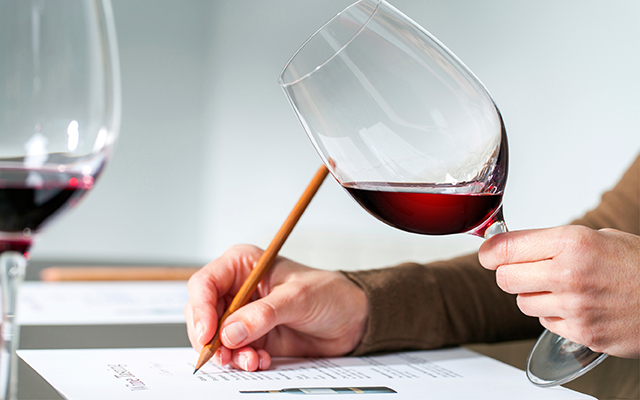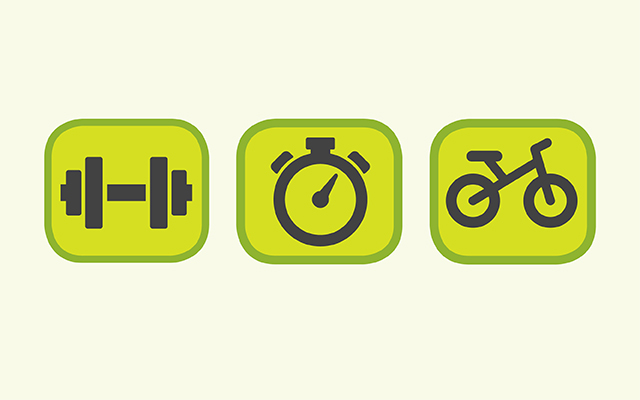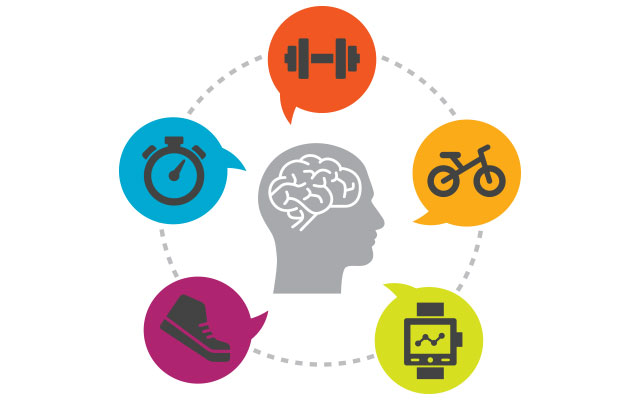If you aspire to be an epicure, your brain could reap the benefits.
In a recent study, Cleveland Clinic researchers discovered that Master Sommeliers, who have achieved the highest professional distinction in fine wine service, have greater-than-average brain volume in areas commonly affected by Alzheimer’s, Parkinson’s, and other neurodegenerative diseases. But it’s not all about the wine.
The findings, published in Frontiers in Human Neuroscience in August 2016, could relate to a concept known as the cognitive reserve hypothesis. It argues that a person shows higher levels of neurological function as he or she ages, based on the brain’s level of “experiential resources” — education, practical knowledge, or, in this case, years of training that have resulted in a highly specialized skill set.
Master Sommeliers are not just devoted wine lovers; they’re experts at the top of their field. The Court of Master Sommeliers requires a rigorous four-stage examination process — which often takes several years — before awarding diplomas to an elite few. At the time of this study, there were only 219 graduates in the entire world.
Researchers compared MRI scans of 13 Master Sommeliers and 13 control participants while all the study subjects attempted to discern wine from other nonwine substances, like vodka blended with such ingredients as lemon juice, verjus, and water-soaked wood chips, using only their sense of smell. They also tested subjects on their wine-related knowledge as well as their ability to differentiate between various visual patterns (such as zebra stripes and fingerprints), noting differences in a sommelier’s brain activity when making judgments based on sight versus scent.
The MRI scans showed that Master Sommeliers’ brains have greater volume in the right insula and entorhinal cortex, which are typically some of the first areas to show signs of neurodegeneration. The entorhinal cortex is very important for olfactory memory, which sommoliers frequently call upon in their line of work. They spend years developing a sophisticated sense of smell, often drawing on memory to identify an especially obscure note.
The study found a correlation between a sommelier’s years of experience and the cortical thickness of his or her entorhinal cortex. This could have greater implications for neuroplasticity, the brain’s ability to adapt and form new connections throughout the course of an individual’s life.
“Overall, these differences suggest that specialized expertise and training might result in enhancements in the brain well into adulthood,” write the study authors. “This is particularly important given the regions involved, which are the first to be impacted by many neurodegenerative diseases.”
Researchers also observed that the wine experts displayed heightened levels of MRI activity when using their sense of smell versus sight, strengthening the evidence that these brain gains are due to their unique expertise.
This was only a pilot study, and more research is needed to better define the relationship between particular skill sets and neurological health. Still, the evidence suggests that becoming an expert in your field — whether it’s fine wine, music, or cuisine — could help keep your brain sharp for years to come.
To learn more about avoiding neurodegenerative disease, see “3 Ways to Fight Alzheimer’s.”




This Post Has 0 Comments